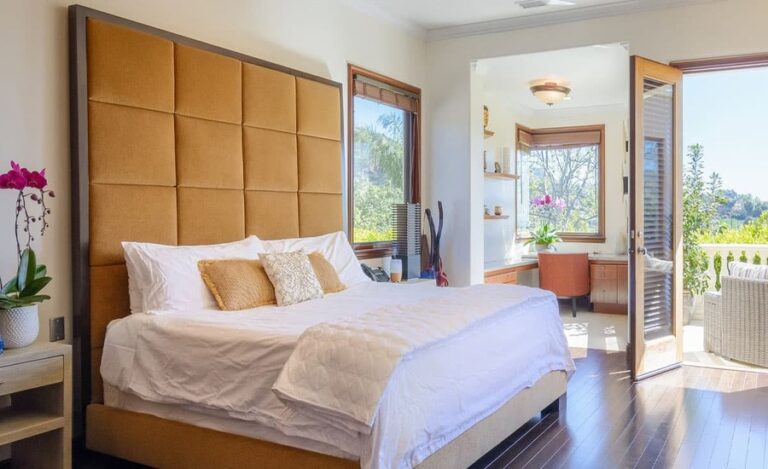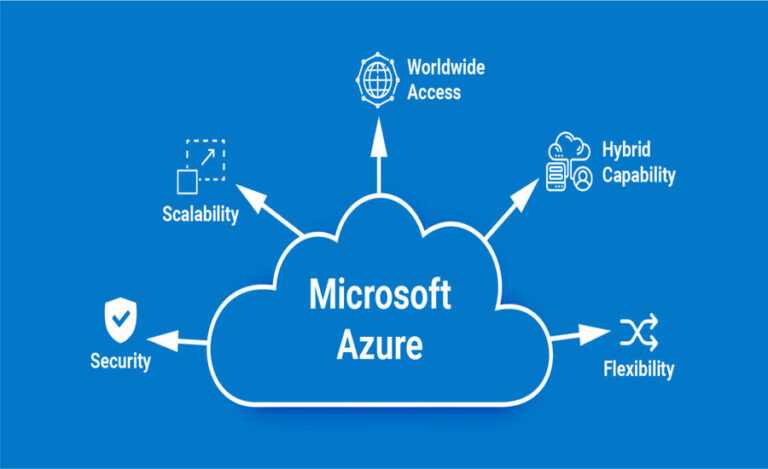Real Estate Malta: A Comprehensive Guide to Investing in the Maltese Property Market
Introduction to Real Estate Malta
Malta, a charming island nation in the heart of the Mediterranean, has become a magnet for real estate investors from around the world. From its stunning coastline and historic sites to its thriving economy and warm Mediterranean climate, the appeal is undeniable. But what makes the Maltese property market unique, and why should you consider investing here? In this guide, we’ll dive deep into the allure of Real Estate Malta and provide you with everything you need to know to make informed investment decisions.
Why Malta? The Appeal of Investing in Malta Real Estate
1. Strategic Location and Connectivity
Malta’s location is more than just picturesque—it’s strategic. Nestled between Europe and North Africa, Malta serves as a prime gateway for trade, travel, and tourism. With excellent air and sea connectivity, it’s incredibly easy for residents and investors to reach other parts of Europe and beyond. If you’re someone who values being well-connected, Malta’s accessibility alone is a major selling point.
2. Strong Economy and Investor-Friendly Policies
Malta’s economy is booming, driven by sectors like finance, technology, tourism, and gaming. Thanks to a government that actively supports foreign investment through favorable tax policies and incentives, Malta’s real estate market remains robust. The government offers incentives such as reduced stamp duties for first-time buyers, which makes purchasing property here even more attractive.
3. Lifestyle and Climate Benefits
Imagine living in a place where the sun shines for over 300 days a year. Malta’s Mediterranean climate offers just that, making it ideal for those who enjoy outdoor activities. The culture, food, and social scene are lively, too, which draws retirees, expatriates, and remote workers looking for a quality lifestyle in a welcoming community.
Exploring Malta’s Diverse Property Market
1. Types of Properties in Malta
Malta’s real estate market offers something for everyone. Here’s a quick look at the types of properties you can find:
- Apartments: Ideal for young professionals and couples, apartments are the most popular type of property. Prices range widely depending on location and size.
- Townhouses: These traditional Maltese homes are rich in character and offer a slice of history along with ample living space.
- Villas: If luxury and privacy are priorities, a villa might be your best option. Villas often come with added perks like pools and gardens.
- Farmhouses: Found mainly in rural areas, these properties offer a rustic charm and are great for those seeking tranquility.
2. Top Locations to Invest in Malta
Malta is a small island, but each area has its own unique character and investment potential. Some of the most popular locations include:
- Sliema: Known for its shopping, restaurants, and seaside views, Sliema is a bustling area ideal for urban living.
- Valletta: As the capital city, Valletta is rich in history and culture, attracting both tourists and high-end property buyers.
- St. Julian’s: This area is famous for its nightlife and attracts younger residents and expats.
- Gozo: If you’re after a more laid-back lifestyle, Gozo’s tranquil setting might be perfect for you.
Buying Process for Foreign Investors
1. Requirements and Restrictions
The Maltese government encourages foreign investment but also regulates it to protect the local market. Foreigners typically need an Acquisition of Immovable Property (AIP) permit to purchase property in Malta unless they buy in Special Designated Areas (SDAs), which offer more flexibility.
2. Costs and Taxes Involved
When buying property in Malta, it’s important to consider additional costs such as:
- Stamp Duty: Generally, 5% of the property’s value.
- Notary Fees: Typically around 1-2% of the property value.
- Legal Fees: It’s wise to budget for legal advice to ensure all documentation is in order.
These costs add up, but they’re standard practice in the Maltese market and are part of ensuring a secure investment.
Navigating the Maltese Rental Market
1. Short-Term vs. Long-Term Rentals
The rental market in Malta caters to both short-term and long-term needs. Thanks to the thriving tourism sector, short-term rentals can be highly profitable, especially during peak travel seasons. Long-term rentals are also in demand, particularly in central areas, providing steady income for investors.
2. Rental Yields and Investment Returns
Rental yields in Malta vary depending on the location and property type. Generally, popular areas like Sliema and St. Julian’s offer high returns, with rental yields averaging between 4% to 6%. For investors, these yields can provide consistent income and make Malta a desirable market for rental properties.
Financing Options for Property Purchases in Malta
1. Local Bank Loans and Mortgages
Banks in Malta offer competitive mortgage rates for both residents and foreign investors. The terms and conditions can vary, so working with a local mortgage broker can help you find the best rates and terms to suit your financial goals.
2. Alternative Financing Methods
If traditional loans aren’t suitable for you, alternative financing options like developer financing or partnering with other investors might be worth considering. Developer financing, for example, allows you to work directly with property developers, often with more flexible payment terms.
Advantages of Investing in Special Designated Areas (SDAs)
1. Exemption from AIP Permits
Special Designated Areas (SDAs) in Malta offer a unique benefit: foreign investors can buy property here without needing an Acquisition of Immovable Property (AIP) permit. This makes SDAs popular among international buyers.
2. High Demand and Resale Potential
Properties in SDAs tend to be in high demand, not only from buyers but also from renters looking for premium living spaces. This demand translates into strong resale potential, making SDAs ideal for investors planning to eventually sell.
Challenges to Consider Before Investing
1. Fluctuations in Market Demand
While Malta’s real estate market is generally stable, it’s not immune to fluctuations. Factors such as changes in tourism, economic shifts, or government policies can impact demand and property prices.
2. High Initial Costs
The Maltese property market, particularly in prime locations, can be pricey. If you’re on a tight budget, finding affordable properties in high-demand areas may be a challenge.
Final Thoughts
Investing in Real Estate Malta opens up a world of opportunities, but as with any investment, it requires careful planning and due diligence. From the variety of property types and attractive locations to the flexibility offered in Special Designated Areas, the Maltese property market has something for everyone. With its growing economy, beautiful climate, and investor-friendly policies, Malta continues to be a top choice for those looking to diversify their portfolios or simply find a new place to call home. So, whether you’re a first-time buyer or a seasoned investor, Malta’s real estate market is worth exploring.






